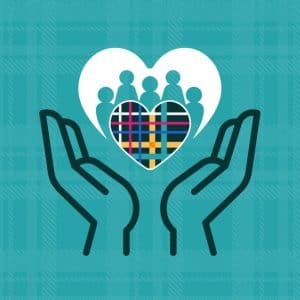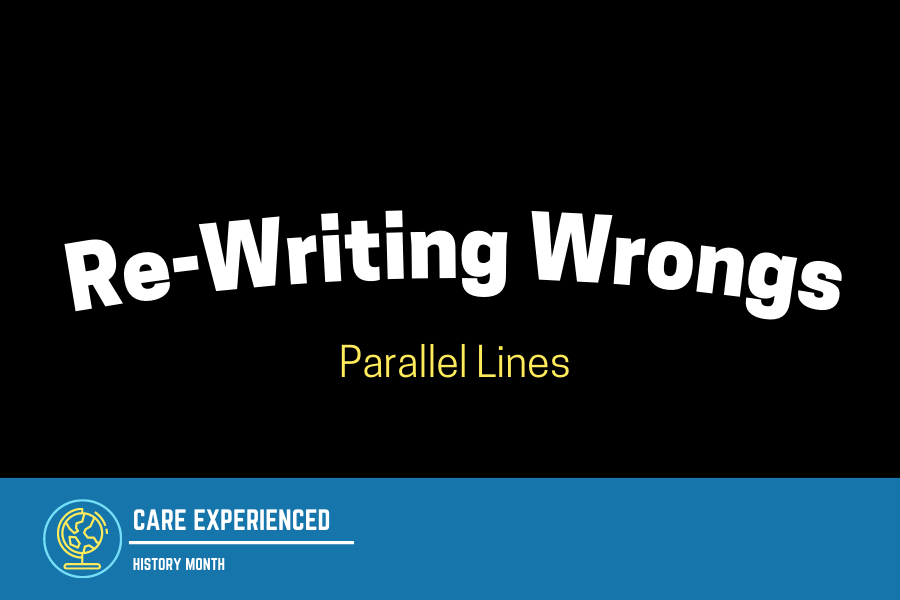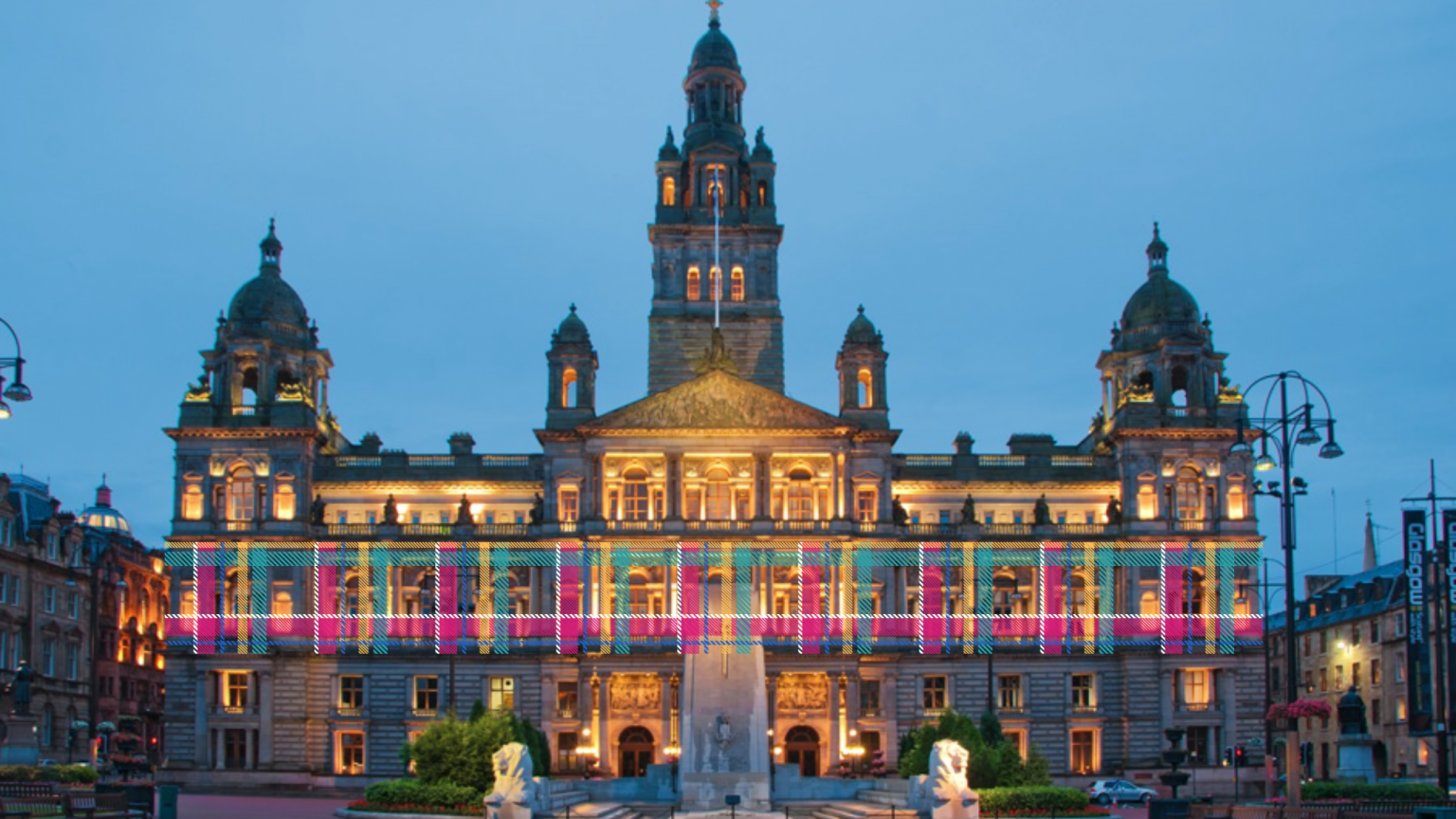The HMS Mars was heralded as an ‘opportunity’ for boys to learn and gain skills that would see them ready for a life at sea.
One can imagine that this would have caught the imagination of some of those boys who – through no fault of their own – were destitute and forced to live in squalor beside the huge money-making mills that lined the pockets of the mill owners in Dundee and Glasgow at that time (the majority of the populace endured severe hardship). Whilst it should be acknowledged that this would have been the case for some of those boys, we should also take note of the fact that around 50% did not go on to a life at sea but returned to their families or the geographic area they called home. This would point to the experience of being on that ship as one that could put someone off from taking up that ‘opportunity’ due to the hardships they had experienced during their 5 years of so-called education and training.
As we examine the existence of this ‘training’ ship, we should consider that there was another solution to the fact boys were unable to fend for themselves. We must also acknowledge that often it was the very real experience of absolute poverty that resulted in these boys being sent to the Mars. The ‘great and the good’ of the growing city of Dundee – of whose idea it was to bring the boat to the river Tay – could also have decided that they would provide food, shelter and education for these boys, without ever sending them to a ship run along military lines and therefore included severe physical punishment and zero tolerance of questioning the regime. There was enough money amongst the growing band of merchants and mill owners in Dundee and other wallets throughout Scotland to do exactly that. However, then – and as has been seen throughout history – the act of ‘caring’ for children and young people is often bound up with what can either further the interests of those ‘great and good’ power brokers in society or is deemed ‘best practice’ by a select few individuals.
Let me elaborate. At that time, there was a real need for sailors to maintain both the Royal and Merchant navies of colonial Britain. So, the idea to provide training for these boys was not borne out of some empathetic desire to better their lives (though this may have played some part in the decisions taken). It was more to fuel the then colonial ambitions of the UK by providing manpower to continue the commercial and hegemonic activities of the state and principal power actors within that colonial project. It also served the purpose of removing these boys from the streets and thereby removing a ‘problem’ from a law enforcement and commercial activity perspective. Merchants don’t want hungry boys loitering around with nothing to do and no money to spend. Again, that ‘problem’ could easily have been viewed as an opportunity to shelter and educate people who had – through no fault of their own – been born into or fallen on hard times. As ever, whether something is a problem or opportunity can be dictated by those with the power to determine if it is a ‘problem’ or not. So, let’s be clear, this project was to serve the interests of those in power, any ‘benefit’ to the young boys themselves was a byproduct of that self-interest.
If we care to look, we can see parallels throughout history. Often, those writing history or documenting events do so from a perspective that lacks the actual experience of care and/or omits to insert the obvious alternatives that were available. For example, we look at England today, with ‘semi-independent’ houses for young people who are forced to leave their foster or residential situations due to their age. These ‘halfway houses’ or ‘unregulated accommodation’, whilst something that could provide real care and support for the young people, are sometimes places where the necessary support is lacking. At times, they are downright dangerous and damaging for those young people forced to stay in them. The fact that the Conservative Government has allowed – despite protestations – such accommodation to exist, points to it being a deliberate act. It permits them to exist without being held to the national care standards through inspection and accreditation. We know from the efforts of people like Martin Barrow that some of this accommodation is owned by hedge fund activity. At best we can view this as putting profit before young people, at worst a cynical and deliberate act to ensure that profit is as high as possible at the expense of those young lives.
Another telling parallel is the fact that during the period before the Mars existence, the Navy employed huge numbers of foreigners to maintain their fleets (a fact bemoaned by the admiralty at that time). This ‘too many foreigners’ trope has been used throughout UK history. The fact that many of these ‘foreigners’ were from then colonial countries and therefore should have had the right to live and work seems to have been forgotten then as it has been in recent times. We only have to consider the ongoing Windrush scandal or the politicisation of EU nationals during the recent Brexit referendum campaign to see those parallels in recent times. It is obvious that the interpretation of rights did not equate to equal treatment then or now. Whether poor, foreign, or in care, the discrimination is very real if we leave it unchecked.
Lastly, I feel I should focus on the very real experience of being a boy on that ship. Each one was stripped of their belongings, hosed down, had their hair shaved and was then given a number, never again to be referred to by their actual names. Throughout history, numbers have been given to marginalized or persecuted groups and it has the instant effect of dehumanizing the individual. It strips them of their identity, relegating them to a subservient position, and is an attempt to show them that they are ‘less than’ those who dish out the numbers. It is simply a form of control. We have seen this in many forms, from the extreme tattooing of Jewish people by the Nazis through to modern day numbering of cases in Social work files. As a Social worker, I typed in the case file number first into the Local Authority database if I wanted to record something. It was the number and not the name that was recognized.
The process of institutionalization is not something that was confined to that era either. In the 1980s, as an 11-year-old boy, I was taken from my mother at a children’s panel and driven to a large, walled complex by a man with a large bunch of jangly (jailors) keys. I was stripped of my clothes and jewelry, I was given the set of clothes worn by every child in the so-called assessment centre, and inside every piece of clothing was sewn a number tag. I was then handed my bedsheets and taken to a room with a number on the door and left to deal with the experience of having a part of my identity removed by unknown people in such a matter-of-fact way. Again, the parallels are there if we care to look for them and will continue if we accept that certain groups within society can be treated differently.
It is by accepting the narrative that this behavior was acceptable ‘at the time’, that the othering of Care Experienced people can continue throughout the years. The treatment may be different in some manner, but it is the same in respect of it impacting on these young children in a way that differs from how children should be treated. We can imagine that the merchants and mill owners of Dundee would not have sent their own children to such a ‘training’ ship, neither would those care staff in the eighties have treated their children as we were treated then, and we can be assured that the hedge fund owners of today would never send their children an unregulated ‘semi-independent’ house to live out one of the most important periods of their life. There have always been alternatives, and we have a duty to highlight them so that people can view history in a way that highlights the options that were available. Better treatment was not only possible, but the right thing to do then as it is now. The records of history can and must be changed to represent a truth that incorporates the reality as it can be viewed from a Care Experienced perspective. This Care Experienced History Month we will do just that.
Written by David Anderson
Re-writing wrongs is a blog series for people to submit pieces of work that have re-written a moment or article from the past which includes Care Experienced people. To submit work to be considered for inclusion, you can email comms@whocaresscotland.org.









